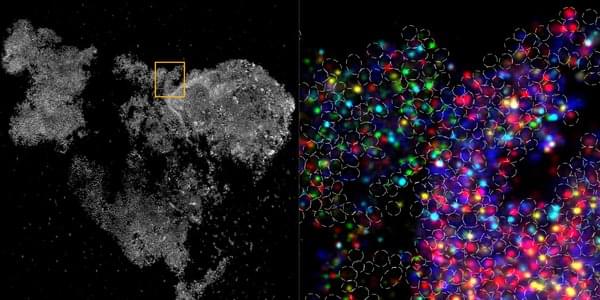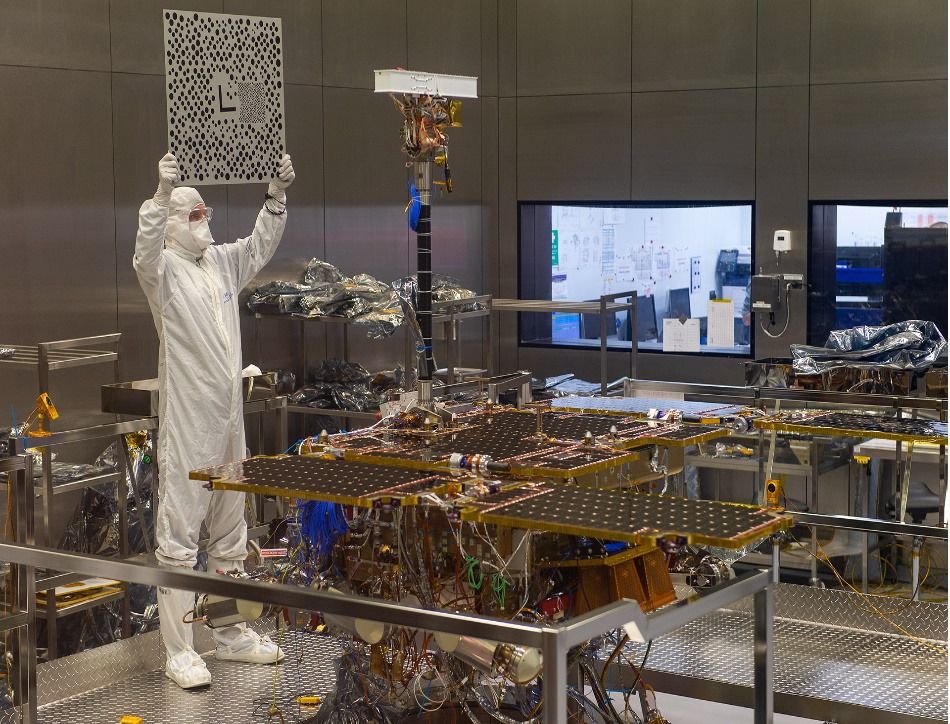Black holes are more than just massive objects that swallow everything around them – they’re also one of the universe’s biggest and most stable energy sources. That would make them invaluable to the type of civilization that needs huge amounts of power, such as a Type II Kardashev civilization. But to harness all of that power, the civilization would have to encircle the entire black hole with something that could capture the power it is emitting.
One potential solution would be a Dyson sphere – a type of stellar mega engineering project that encapsulates an entire star (or, in this case, a black hole) in an artificial sheath that captures all of the energy the object at its center emits. But even if it was able to capture all of the energy the black hole emits, the sphere itself would still suffer from heat loss. And that heat loss would make it visible to us, according to new research published by an international team led by researchers at the National Tsing Hua University in Taiwan.




